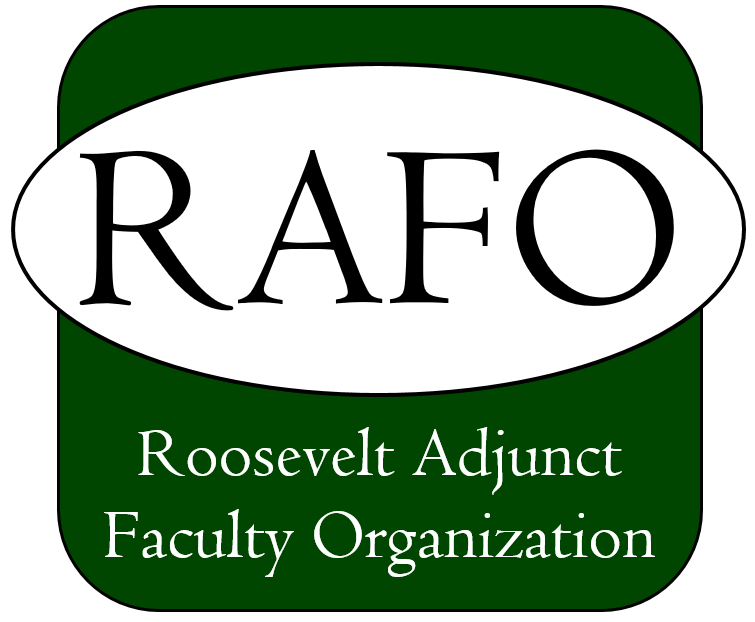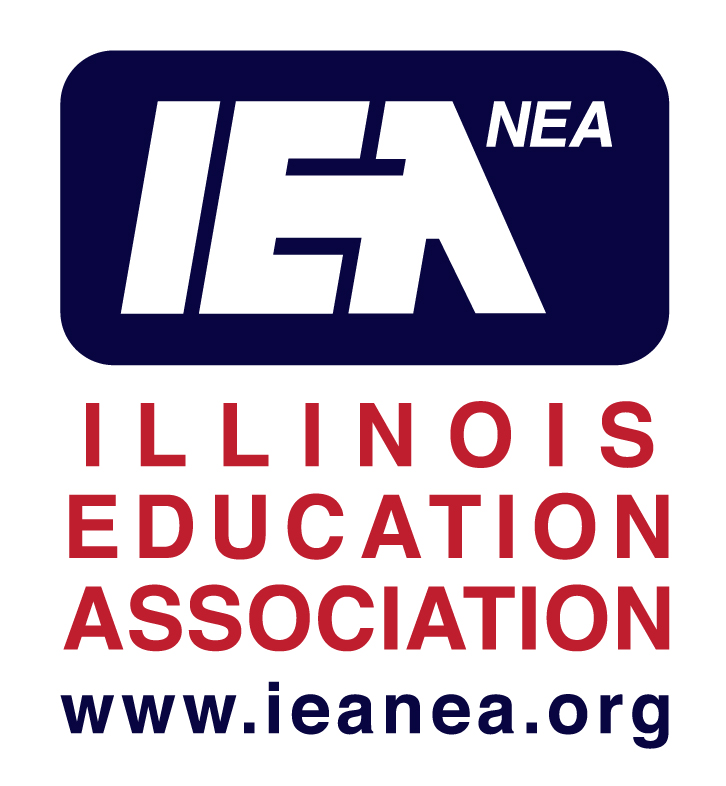I attended the National Education Association’s Representative Assembly in Boston from June 29-July 6 as RAFO’s elected delegate. I enjoy attending the NEA RA because it allows me to become involved in the NEA’s national platform and make my voice heard. If you would like information on everything that happened and was discussed in the floor at the NEA RA, you can check out the 2017 NEA RA website here: https://ra.nea.org/. You’ll find the menu called “Business Items” of significance.
When I attend the RA, I participate in a few of the caucuses—the Women’s Caucus, the LGBT Caucus, and the National Council for Higher Education caucus. Specifically, today, I’d like to talk about the National Council for Higher Education (NCHE) and ask you to consider getting involved. I’m not asking you to become involved in NCHE out of the goodness of your heart—I’m asking because I’m alarmed and worried about the future of federal and state funding for Roosevelt University and our students.
At the RA this year, NCHE voted to support motions urging the NEA to move against federal or state funding for private colleges and universities. As Roosevelt is a private university and both the university and our students suffered because of the MAP Grant fiasco, it’s important that we fight to allow our students to continue to use federal or state funding at our school. Oscar Valdez, our Region 67 Vice Chair and member of US of CC (at Columbia College Chicago—also a private college), approached the maker of the items to help him revise the language, so it would protect NEA members like us, who work at private colleges and universities. The maker declined Oscar's offer. We agree that students need protection from predatory colleges or universities; however, the language in the motions did not make a distinction--a private, non-profit, accredited university like Roosevelt is not the same thing as a for-profit school like ITT Technical Institute.
The items in question were Policy Statement C-2 (defeated) and NBI 106 (amended & passed). I spoke on the RA floor about these items for several reasons:
- The language in the items was vague. What funds are in question? Is the motion writer referring to federal student loans, federal grants, scholarships, tuition remission offered by public employers? Students shouldn’t be prevented from getting federal assistance because they chose a private college or university.
- The writers, in their original text, were equating private colleges and universities with charter schools. This was done to evoke emotion in K-12 NEA members because charter schools are often a topic for debate. Higher education funding is much different from K-12 funding.
- The speakers on the floor cherry picked specific examples of online universities with questionable business practices to bolster their arguments. Many private colleges and universities, like Roosevelt, do not have business practices like the examples they used. Many of Roosevelt’s courses are taught by adjunct faculty who are union members, not “graders.”
- Not all higher education institutions are the same. NBI 106 (as amended) has asked the NEA to “identify states that use state funds to subsidize tuition or otherwise underwrite private colleges and universities for courses and/or degree programs that substantially duplicate offerings by that state’s public colleges and universities.” Students choose the colleges or universities they attend based on the school’s reputation and fit for the student’s life and career goals. In additions, some students choose schools because they want to work with a specific professor at that school.
- Finally, NEA has members (like RAFO and US of CC) who work at private colleges and universities. This will hurt our enrollment and impact our jobs.
After speaking on the floor against Policy Statement C-2 and NBI 106, many K-12 RA attendees approached me to thank me for speaking because they don’t understand the ways that higher education operates differently than K-12. Based on the original language in the motions, I feel that the writer of the motions does not understand the differences in funding, either. So, in Roosevelt’s interest and that of our students, here is what I ask you to do: get involved. You can start by joining the National Council for Higher Education. As NEA members at a private university, we need to make our voices heard. You can also join the Illinois Education Association’s Higher Education Council or follow them on Facebook.

